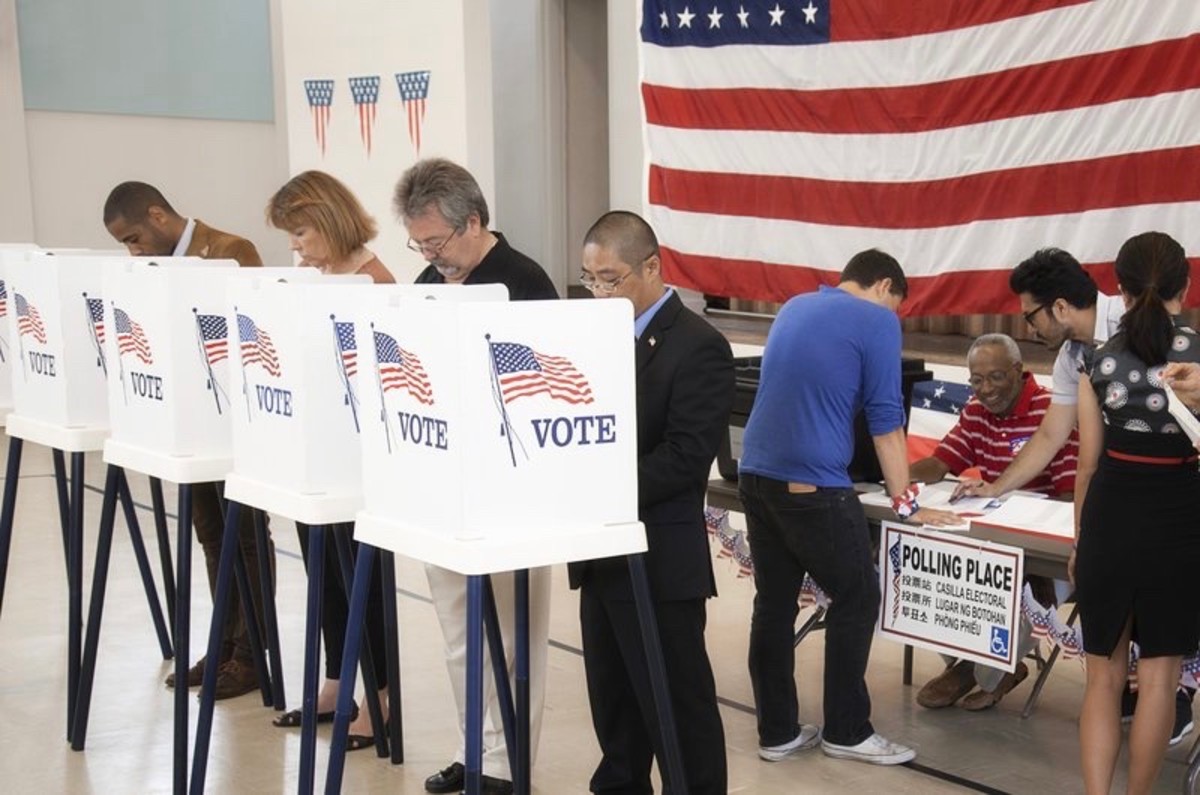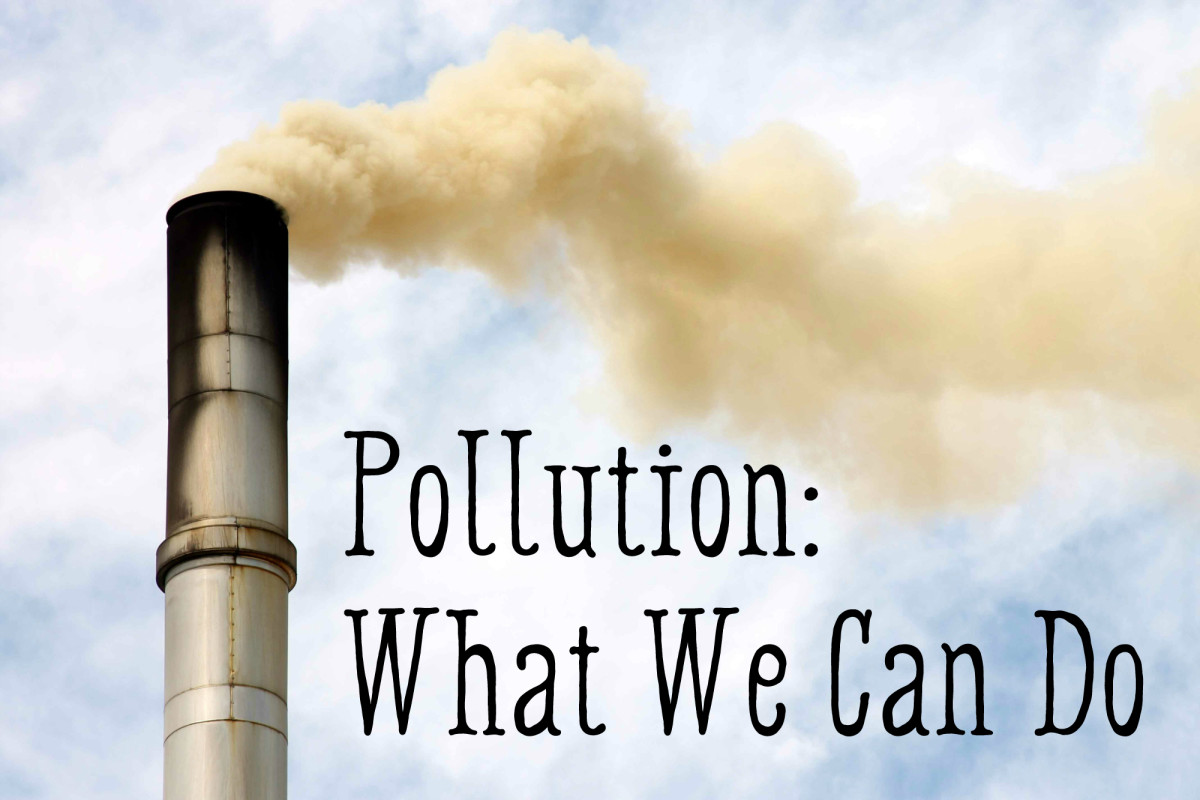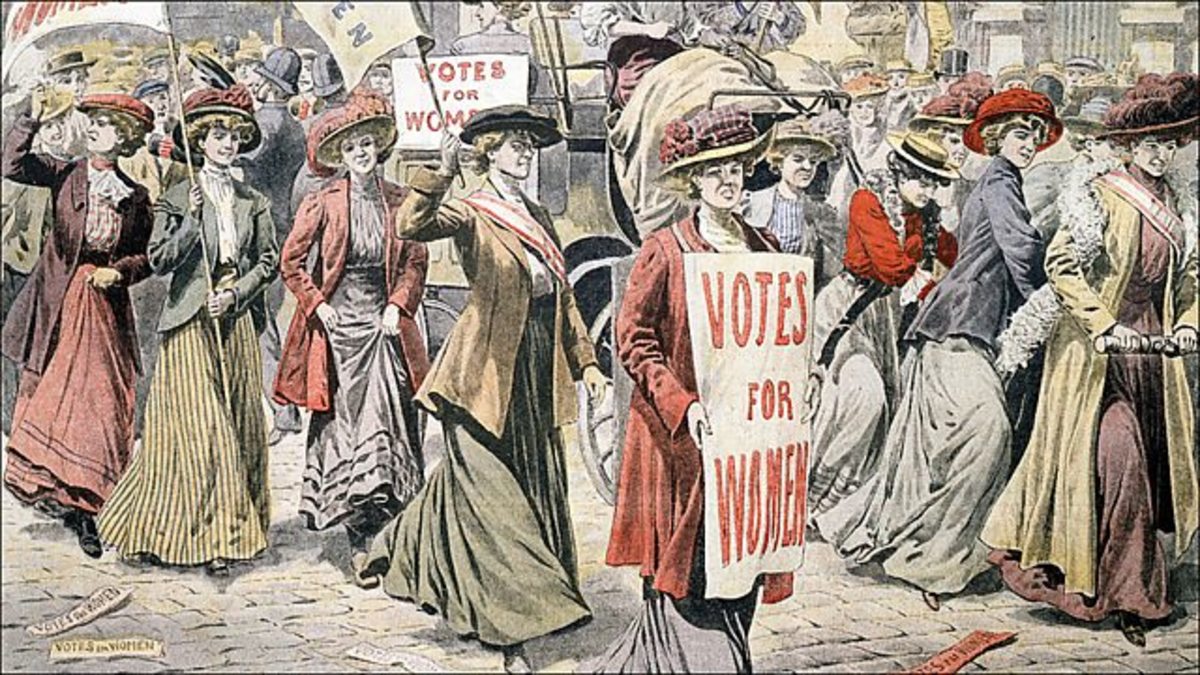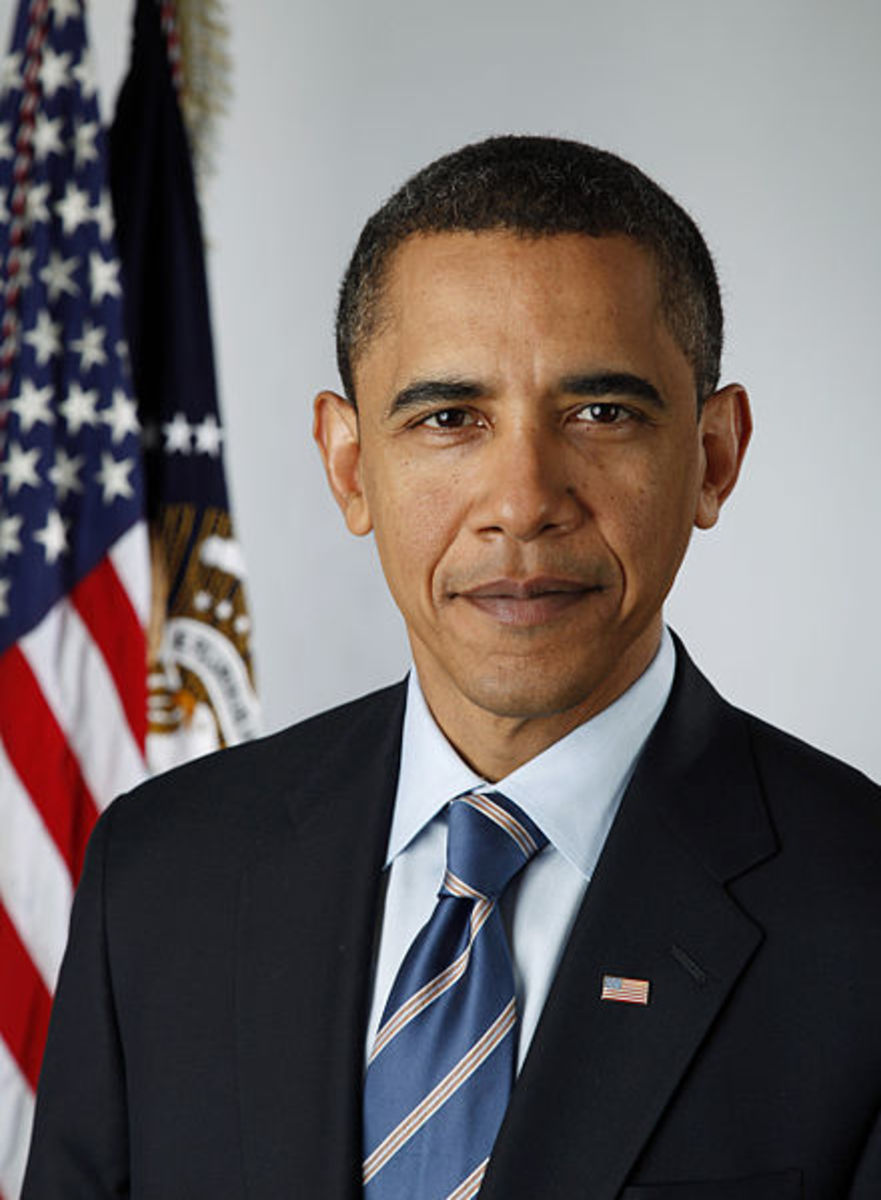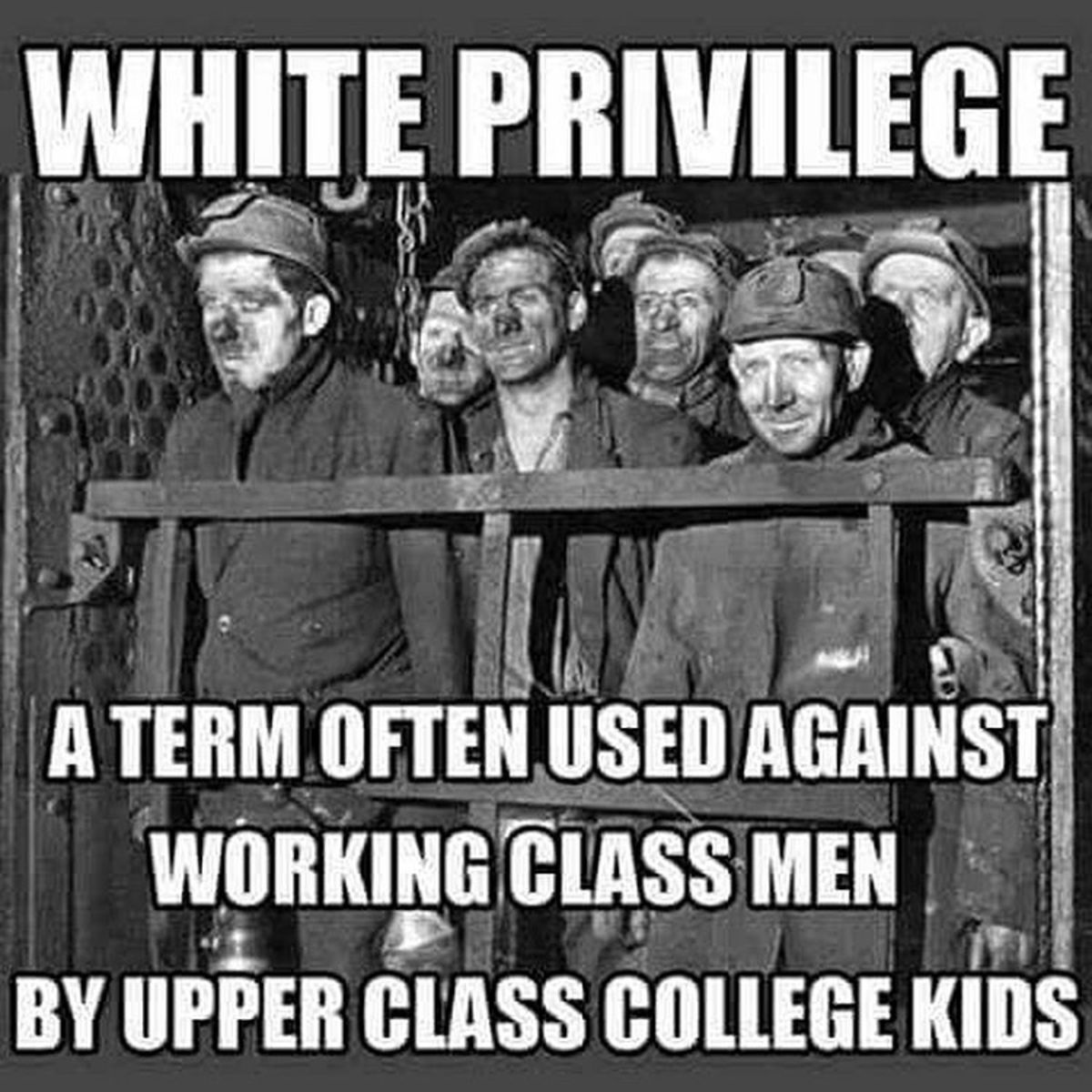Political Apathy Should Worry us All
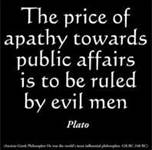
There is no doubt that political apathy is a problem in the United States. It is a problem because fewer people are partaking in our wonderful American democracy, and I sometimes wonder if that is not a key reason so many buffoons are getting elected to public office nowadays. You see, political apathy is a problem that, for the most part, afflicts young, college educated people, with degrees and great credentials. In any healthy society, these are the people who should be leading the search for candidates who can better serve us than the ones we are left with. But the age group of which I speak, people ranging from age 18 to 30, have seen their share of the vote decline dramatically.
To understand the scale of the problem, consider this statistic; In 2008, Barack Obama won 48% of young voters. Not a majority, a plurality. Obama simply won more youth votes than John McCain did. This was no small number, of course. It certainly contributed to Obama's thrashing of McCain on election day, when Obama won 52% of the vote overall. In 1992, Bill Clinton won with about 44% of the vote. Again, only a plurality. In fact, since 18 year olds were granted the right to vote, their share of the vote has trended down, not up. Even when a candidate like Barack Obama comes along, they still come out in smaller numbers than everyone else. And what are these reasons many people cite for not voting? In order, here they are...
1. Lack of Transportation. This is a common, but very weak, excuse that many give for not voting. If one is extremely poor, and can afford no obvious mode of transportation to the nearest voting booth, than they can be forgiven for not voting. But I find it highly unlikely that, say, college students, have no access to transportation. It is more than likely that, instead of hauling themselves over to the voting booth, they merely wished to spend an extra four hours in bed. In other words, this excuse has another definition: laziness.
2. My vote doesn't count. As an excuse, this reason is somewhat understandable, and I can, at times, empathize with those who hold such views. After all, given the increasingly nasty rhetoric, and the prevalence of annoying campaign adds on television these days, it can be very easy to fall into the trap of "one person makes no difference". But that is just the point; This thinking is a trap. People's individual votes can and do count, and they have counted before. There are any number of examples where candidates were elected into office by a margin of 84 votes.
3. Politics. Another excuse people often make for not voting is that they think politics is a boring business left to boring people. Set aside the fact that these people likely have quite charming and interesting buddies who vote in national elections. If person A refuses to vote because they believe politics is boring, they allow person B to cast person A's vote for them. People who choose to adopt this voting policy cannot honestly complain to the rest of us when the country goes downhill.
4. Don't know, don't care. Of all the excuses, this one is the absolute worst. It shows complete ignorance on the part of the person who says it. If the person in question had the barest hint of political understanding, they would realize that the people in public office have a say in how others live their lives. In other words, yes, they do care. They just don't realize it yet.
Since young people are less likely than other people to vote, they do only themselves a disservice. Other, older Americans, who are sometimes wiser about public issues, take this right far more seriously, and it shows, in how politicians refuse to compromise in Social Security or Medicare. For the time being, both programs effect mainly older Americans. And both are helping bankrupt the country. Young people who choose not to vote are aiding in their own future misery. No wonder some have taken to calling them "Generation Screwed".
- James Madison Was Right About Factions
James Madison spoke of factions when he wrote Articles 9 and 10 in "The Federalist Papers". What he wrote still holds true today.

